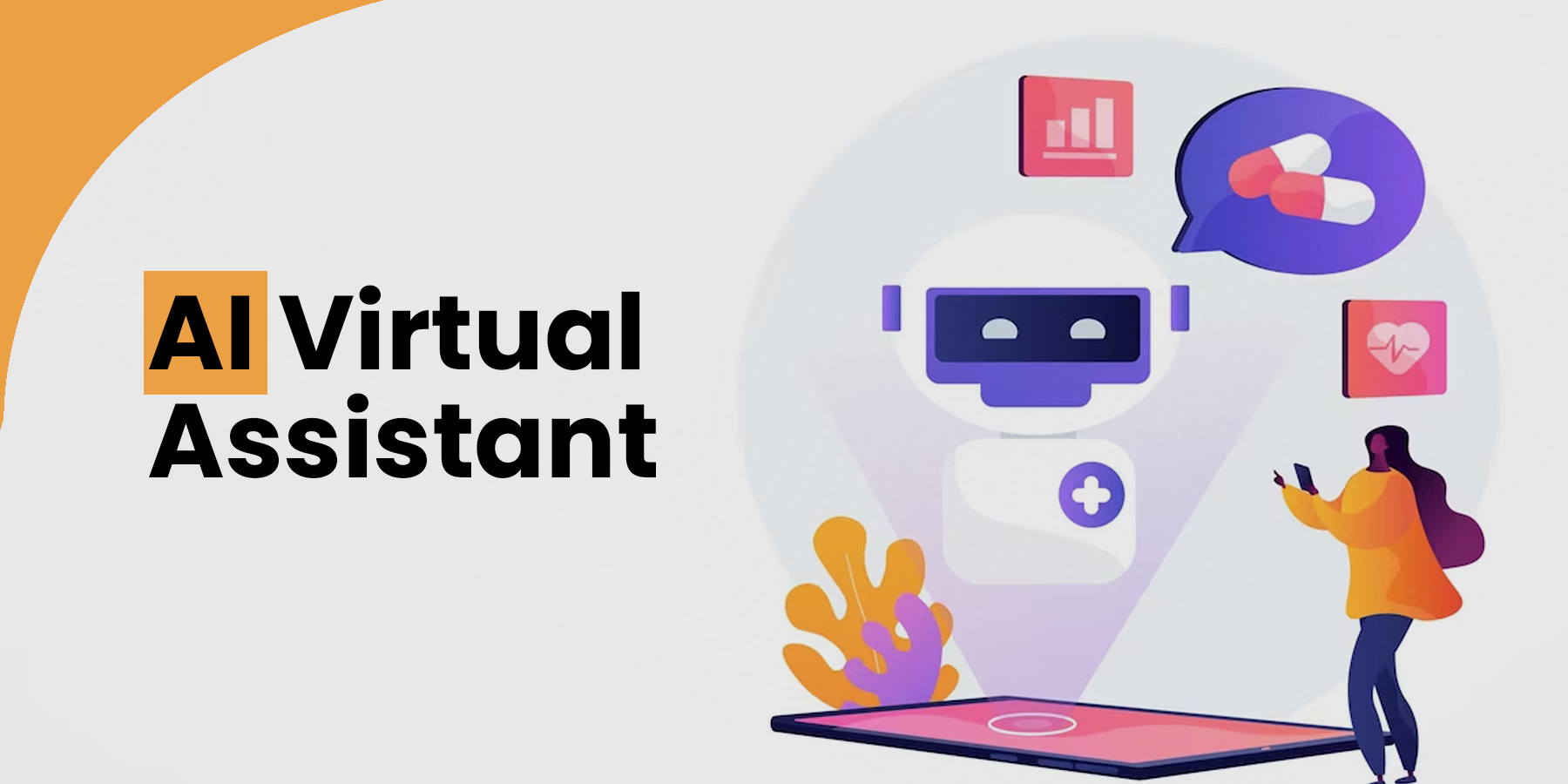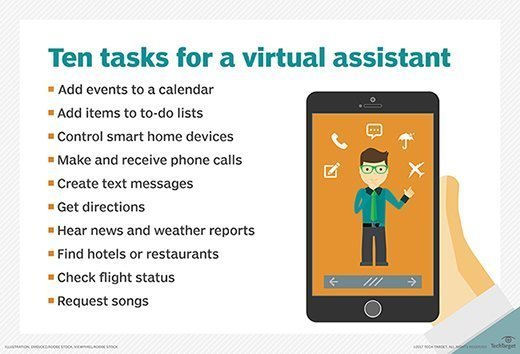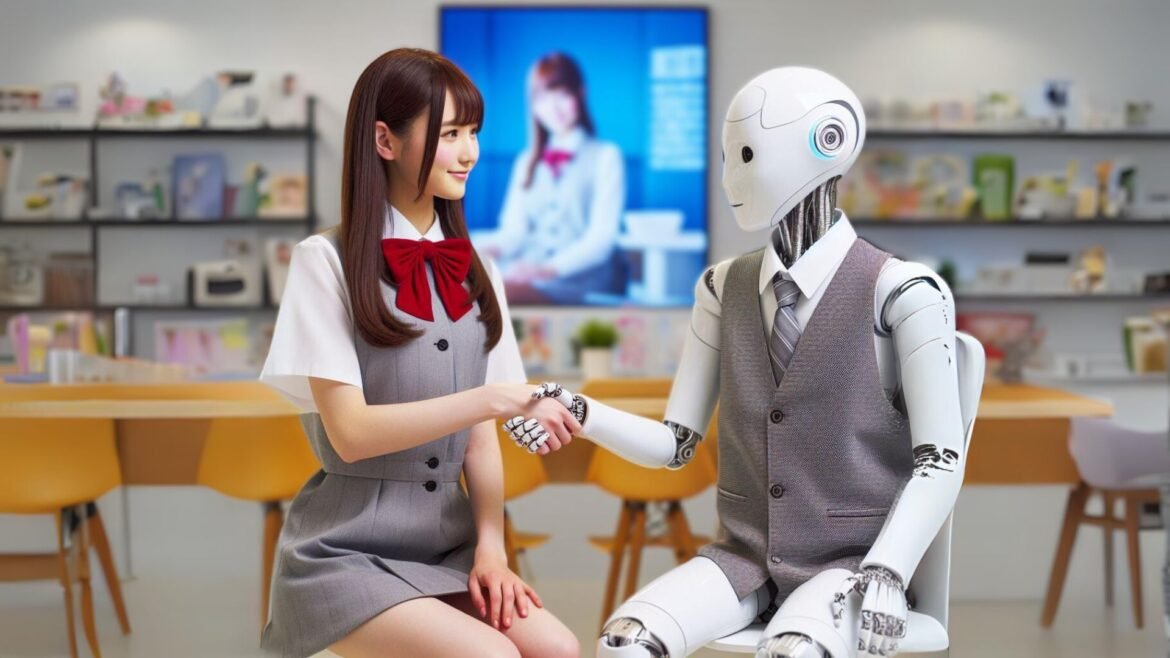
Current State of Virtual Assistants
Overview of Virtual Assistants
As we dive into the current landscape of virtual assistants, it’s essential to recognize how they have transformed from simple task performers to sophisticated AI-driven entities. Virtual assistants now play an integral role in both personal and professional lives. Many people depend on them to organize their schedules, manage their emails, and even provide real-time information at a moment’s notice.
For instance, imagine waking up in the morning and asking your virtual assistant to provide a summary of your day ahead, along with the weather forecast and traffic conditions. This seamless integration of tasks highlights the growing dependency on these digital aides.
Popular Virtual Assistant Platforms
Several platforms have emerged as front-runners in the virtual assistant realm. Here’s a quick rundown of the most popular ones:
- Amazon Alexa: Known for smart home integration and web searches.
- Google Assistant: Renowned for its search capabilities and Android OS integration.
- Apple Siri: A staple for iOS users, offering personalized assistance.
- Microsoft Cortana: Well integrated into Windows OS for productivity tasks.
Each platform brings its unique flavor, making them crucial players in how virtual assistants are evolving for the future!

Advancements in Virtual Assistant Technology
Artificial Intelligence Integration
Building on the popularity of virtual assistants, we see significant advancements in artificial intelligence (AI) integration making these tools smarter and more user-friendly. Gone are the days when virtual assistants could only perform basic commands. Today, they can learn user preferences, adapt to behaviors, and even anticipate needs.
For instance, imagine asking your virtual assistant to suggest a restaurant. Thanks to AI, it can consider your past dining experiences, dietary restrictions, and even recommend new places based on regional cuisine trends. This level of personalization is a game-changer!
Voice Recognition Development
Moreover, voice recognition technology has experienced remarkable growth, making interactions with virtual assistants feel more natural and fluid. The ability to understand various accents, dialects, and conversational nuances means that users can communicate with virtual assistants in their own unique way.
Key advancements include:
- Improved Accuracy: Modern voice recognition systems can achieve over 95% accuracy in understanding spoken commands.
- Contextual Awareness: They can understand context, allowing for more coherent conversations.
These advancements not only enhance user experience but also pave the way for even smarter virtual assistants in the future!

Future Trends in Virtual Assistants
Personalization and Customization
Continuing from the advancements we’ve seen, the future of virtual assistants is poised to embrace even greater levels of personalization and customization. Users are likely to expect a tailored experience, where their virtual assistant reflects their individual preferences and lifestyles.
Imagine a virtual assistant that not only learns your schedule but also remembers your favorite coffee order, workout routine, and leisure activities. This kind of customization would mean users could enjoy seamless interactions that feel uniquely theirs. A few expected trends include:
- Behavioral Learning: Virtual assistants predicting user needs by analyzing past interactions.
- Mood Adaptation: Tailoring responses based on detected user emotions or tones.
Enhanced Multitasking Capabilities
As we look to the future, enhanced multitasking capabilities will also define the next generation of virtual assistants. The ability to juggle multiple tasks simultaneously not only boosts productivity but also enhances user convenience.
For example:
- Scheduling Conflicts: Virtual assistants could manage overlapping appointments and make intelligent suggestions to resolve them.
- Integrated Task Management: They may automatically switch between tasks while keeping relevant information handy.
These advancements will solidify virtual assistants as indispensable tools in our daily lives!

Impact of Virtual Assistants on Industries
Virtual Assistants in Healthcare
Transitioning into the impact of virtual assistants across various industries, the healthcare sector is experiencing transformative changes. Virtual assistants are revolutionizing patient care and administrative efficiency. They help streamline processes, allowing healthcare professionals to focus more on patients rather than on paperwork.
For instance, imagine a busy nurse who can use a virtual assistant to quickly pull up patient records, schedule appointments, or send reminders for medication intake. This not only minimizes errors but also enhances the overall patient experience. Key benefits include:
- 24/7 Availability: Patients can access information and schedule appointments at their convenience.
- Telehealth Integration: Virtual assistants assist in conducting remote consultations, making healthcare more accessible.
Virtual Assistants in Customer Service
Similarly, the customer service industry has witnessed a sea change thanks to virtual assistants. They are streamlining interactions and improving response times. Think about how frustrating it can be to wait on hold; virtual assistants eliminate this by offering immediate assistance.
Some notable advancements include:
- Chatbots: Answering FAQs and guiding customers through common issues without human intervention.
- Personalized Support: Learning customer preferences over time for tailored interactions.
In both healthcare and customer service, virtual assistants are not just enhancing efficiency; they’re reshaping the way we engage with crucial services in our lives!

Challenges and Ethical Considerations
Data Privacy Concerns
As virtual assistants continue to evolve, it is crucial to address the challenges and ethical considerations they bring, particularly in the realm of data privacy. With these digital aides constantly collecting and processing personal information, concerns about how this data is used and stored are at an all-time high.
For instance, think about the convenience of asking a virtual assistant to reveal your daily schedule. However, this ease of access raises questions about who has access to that information and how securely it is guarded. Key issues to consider include:
- Data Breaches: The risk of sensitive information being compromised.
- User Consent: Ensuring that users are fully aware of how their data will be utilized.
Potential Job Displacement
In addition to data privacy, the potential for job displacement is a significant concern. As virtual assistants become more capable, there is a fear that they may replace positions traditionally held by humans. For example, tasks like customer service inquiries and data entry could become obsolete.
While this technology can increase efficiency, it’s important to strike a balance. Companies may need to invest in reskilling programs to help displaced workers transition into new roles. Addressing these challenges will play a vital role in ensuring that the growth of virtual assistants is both ethical and beneficial for society!

The Role of Virtual Assistants in Everyday Life
Virtual Assistants in Smart Homes
As we transition into discussing the role of virtual assistants in everyday life, it’s fascinating to see how they seamlessly integrate into smart homes. With just a voice command or a tap on an app, users can control their home environment, making life more convenient and efficient.
For instance, picture coming home after a long day and simply saying, “Turn on the lights and set the temperature to 72 degrees.” This level of integration not only enhances comfort but also contributes to greater energy efficiency. Some benefits of smart home virtual assistants include:
- Home Automation: Managing devices like thermostats, lights, and security cameras.
- Routine Programming: Setting daily schedules for tasks like brewing coffee or playing music.
Virtual Assistants in Time Management
Moreover, virtual assistants excel in time management, transforming how we approach daily tasks. They can help prioritize activities, set reminders, and even collect data on how we spend our time.
Imagine having an assistant that reminds you of your crucial deadlines or schedules breaks during your workday. With features like:
- Calendar Integration: Syncing all your appointments in one place.
- Task List Management: Keeping track of errands and to-dos.
Ultimately, these supporting roles provided by virtual assistants not only simplify our lives but also empower us to focus on what truly matters!

